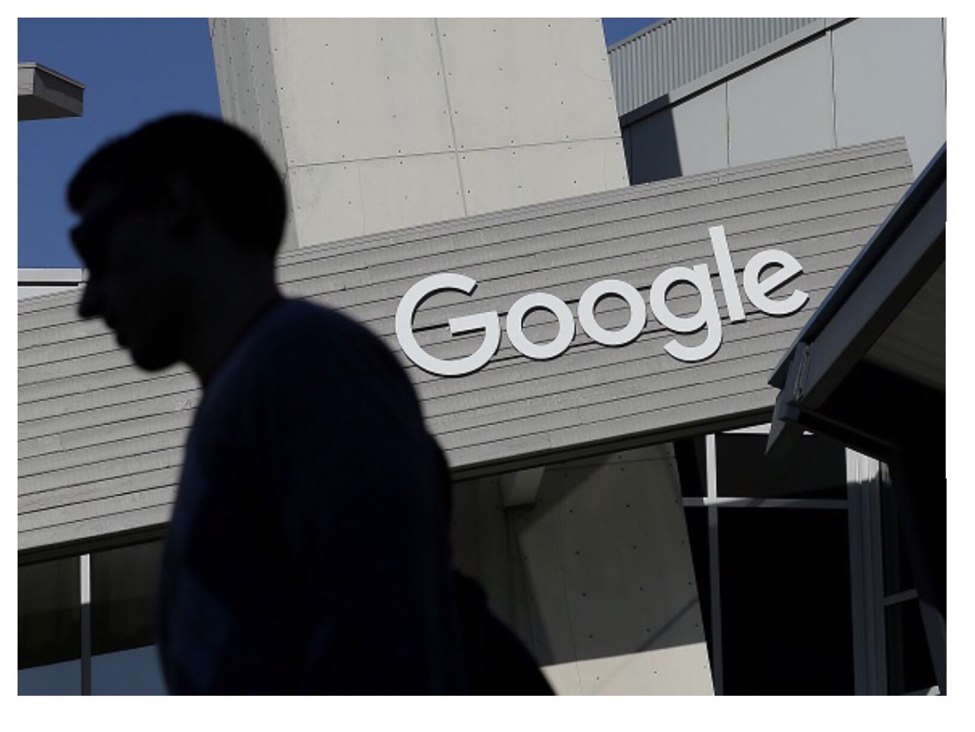But most people don’t realize how much power they actually wield when it comes to voting with your dollars or simply raising a ruckus. Without fail, every company fears bad publicity. Every CEO’s nightmare is a customer revolt or some kind of protest that becomes an unflattering internet meme. The two-edged sword that is the internet cuts both ways. Yes, it can lay bare your deepest secrets, but it can also cut down to size the most powerful corporation.
The old proverb about nothing being more valuable than your reputation applies to corporations even more so. So it doesn’t take as much power to get a corporation to change their policy as you might think. Which is why I get frustrated that so many people in the tech community throw their hands up in the air and refuse to participate in this grand negotiation.
This idea that we are all living in a new connected world so we should just chill about losing our privacy is a cancer that needs to be stamped out. Will there be less privacy if you go online than if you were to go “off the grid”? Most certainly. But this narrative that says if you embrace the new connected world means you forfeit all your privacy because that’s the price you pay is false. The reality is that there is a line that is moving back and forth depending on what the public is willing to accept.
These people that refuse to get up in arms about privacy and take a laid-back attitude towards privacy because nothing bad has happened yet are like the crowd that refuses to vaccinate their children. Others fight the battle and they reap the rewards. They rely on everyone else doing their part while they do nothing. As long as enough people raise the privacy issue, everyone is protected. But at some point, if this cancerous attitude of surrender spreads further, we are all in trouble.
From a corporate perspective, so much boils down to the cost-benefit ratio. Customer data is a gold mine but the negative consequences of lost customers or customer protests damaging their reputation is an effective counterbalance. But at some point, if the privacy advocate crowd gets small enough, the ratio starts to tilt in favor of mining more data.



 RSS Feed
RSS Feed